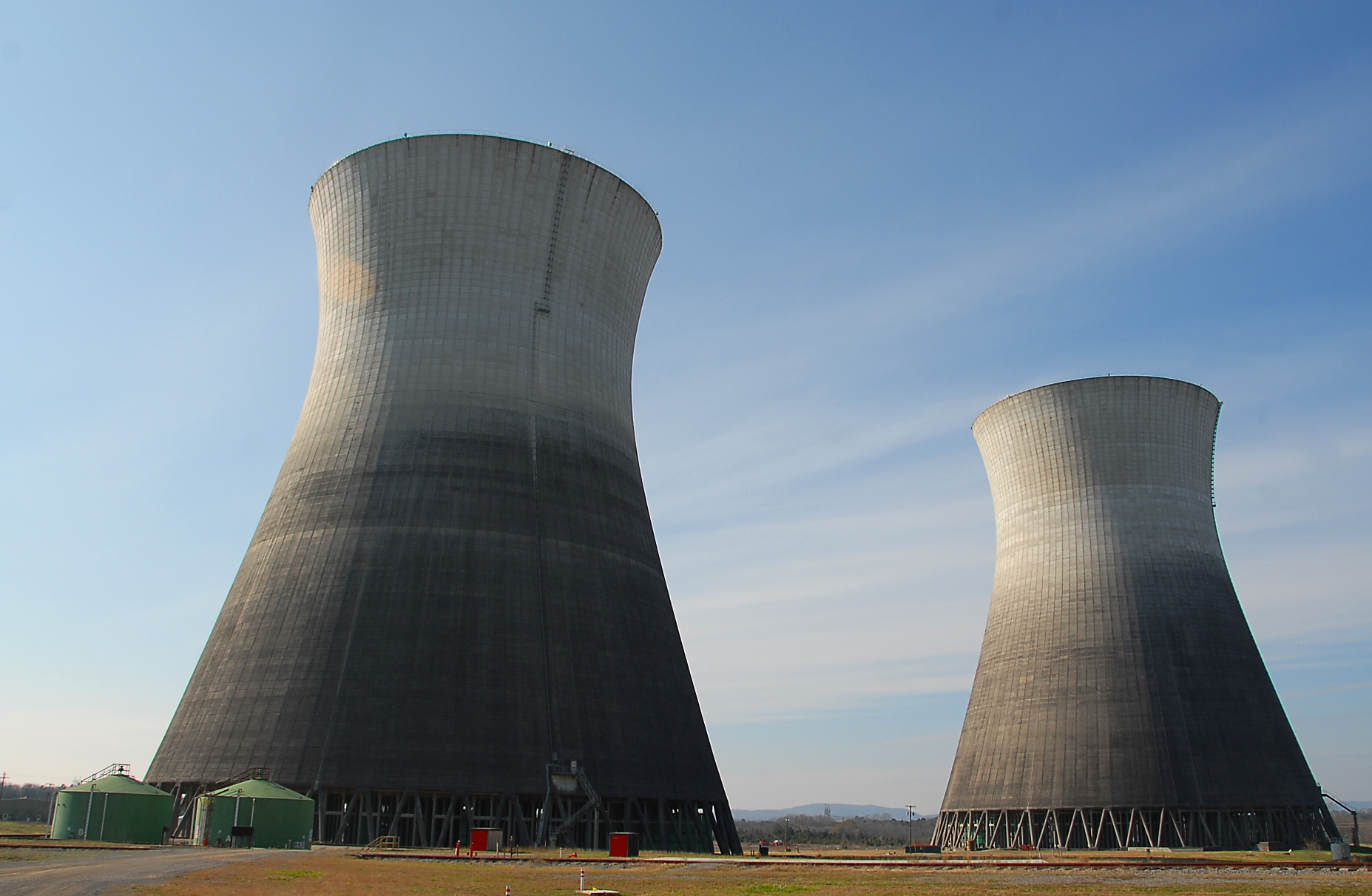ATLANTA - If disaster strikes a nuclear power plant in the U.S., the utility industry wants the ability to fly in heavy-duty equipment that could avert a meltdown.
That capability is part of a larger industry plan being developed to meet new rules that emerged since a 2011 tsunami struck the Fukushima Dai-ichi nuclear plant in Japan, flooding its emergency equipment and causing nuclear meltdowns that sent radiation leaking into the environment. The tsunami exceeded the worst-case scenario the plant was designed to withstand, and it showed how an extreme, widespread disaster can complicate emergency plans.
The effort, called FLEX, is the nuclear industry's method for meeting new U.S. Nuclear Regulatory Commission rules that will force 65 plants in the U.S. to get extra emergency equipment on site and store it protectively. As a backup, the industry is developing regional hubs in Memphis, Tenn., and Phoenix that could truck or even fly in more equipment to stricken reactors. Industry leaders say the effort will add another layer of defense in case a Fukushima-style disaster destroys a nuclear plant's multiple backup systems.
"It became very clear in Japan that utilities became quickly overwhelmed," said Joe Pollock, vice president for nuclear operations at the Nuclear Energy Institute, an industry lobbying group that is spearheading the effort.
Nuclear industry watchdogs are concerned that by moving first, the utility industry is attempting to head-off more costly and far-reaching requirements that might otherwise be set by the NRC, which oversees commercial nuclear power plants in the U.S. Plants started buying the new equipment even before NRC regulators approved the concept. Industry officials say they are not certain yet how the equipment would be moved in a crisis.
"That presented essentially facts-on-the-ground for the NRC and essentially gave the industry the upper hand in how this is going to play out," said Edwin Lyman, the senior scientist for the Union of Concerned Scientists, who criticized FLEX as a "window-dressing exercise."
To read more check out the Chattanooga Times Free press.
